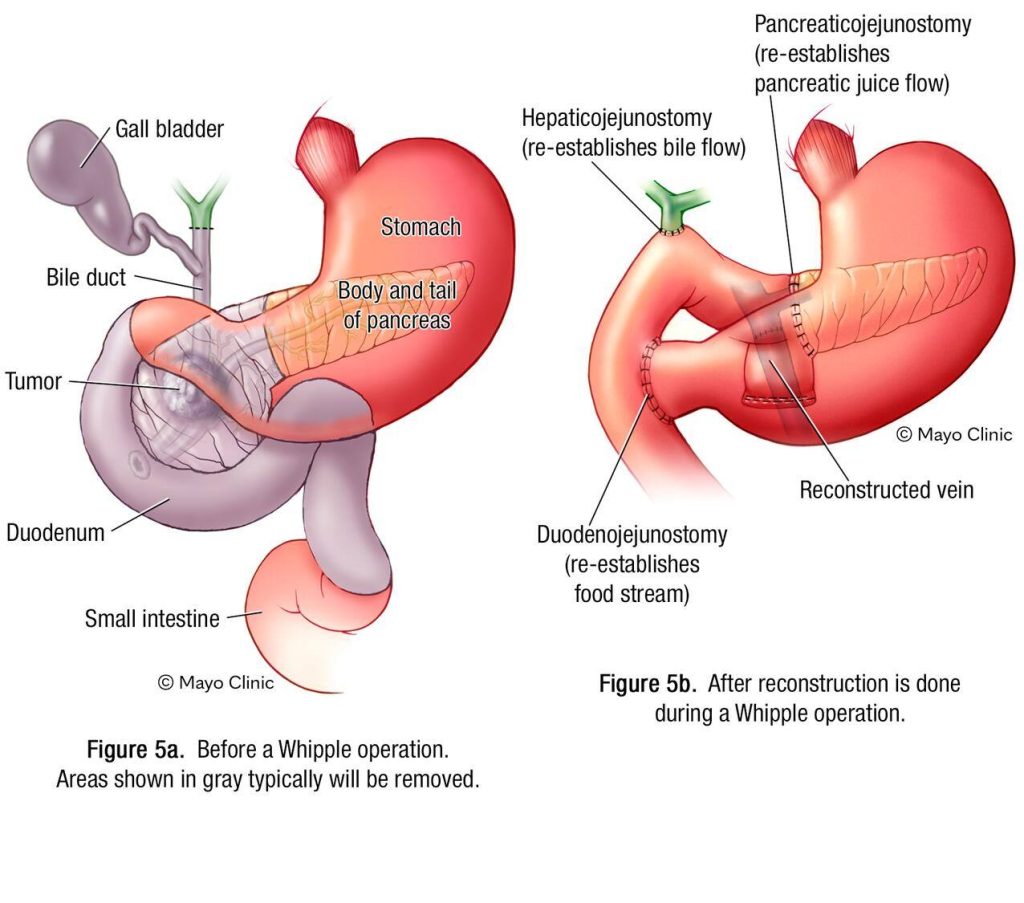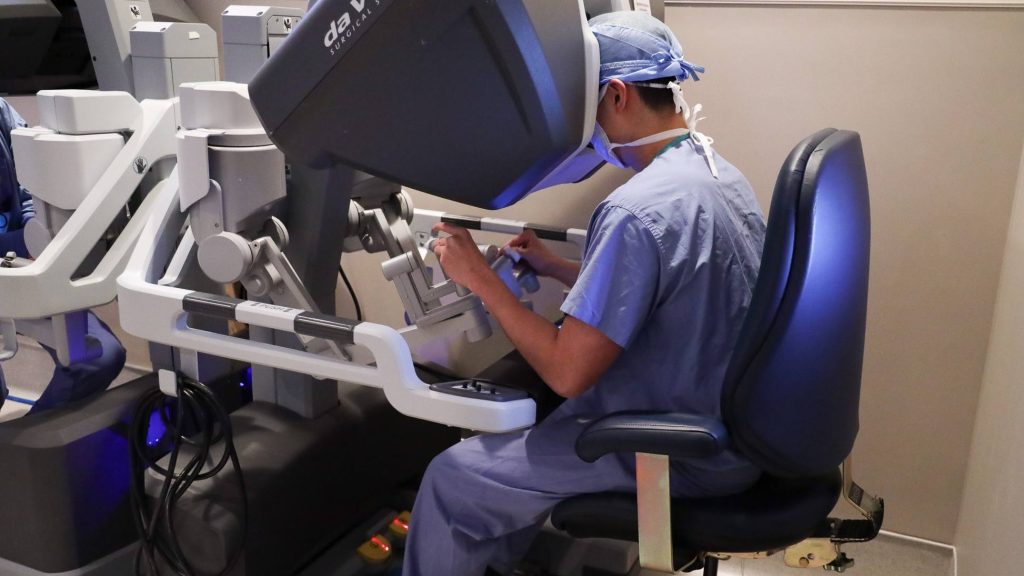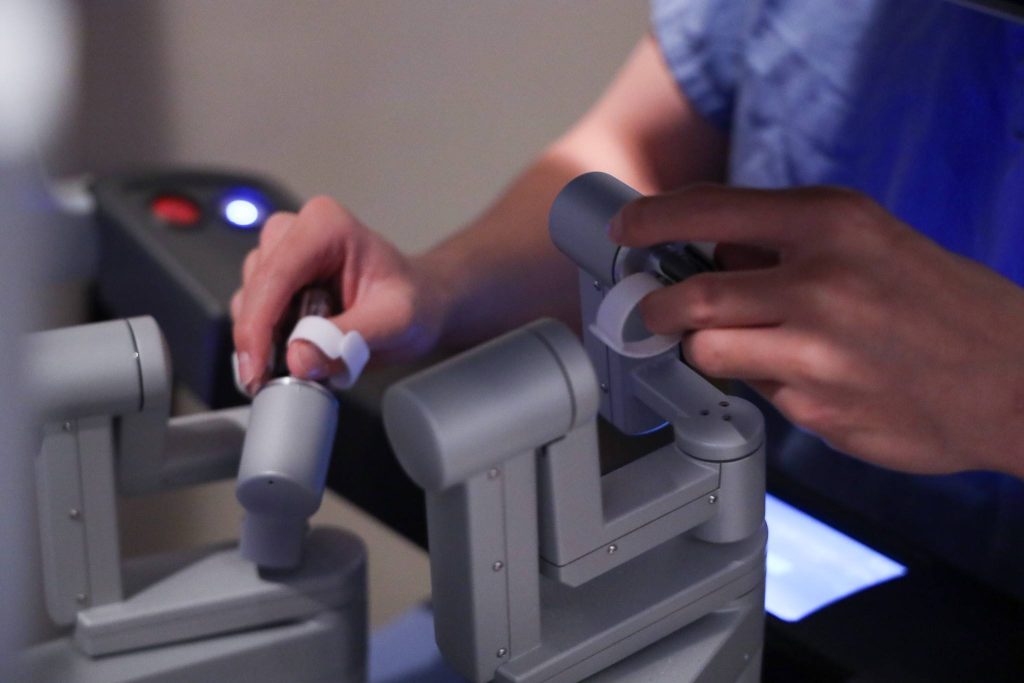-
Cancer
Mayo Clinic Minute: Advancing pancreatic cancer treatment with total robotic Whipple surgery
New technologies are improving pancreatic cancer treatment, offering hope to patients facing one of the least survivable forms of cancer. The Whipple procedure, a complex surgery for localized pancreatic cancer, can now be done robotically.
Dr. Zhi Ven Fong, a Mayo Clinic surgical oncologist, says innovations in technology allow surgeons to do this highly complex operation in a minimally invasive way. And that helps the patient. Dr. Fong explains what happens during a total robotic Whipple procedure.
Journalists: Broadcast-quality video (1:09) is in the downloads at the end of this post. Please courtesy: "Mayo Clinic News Network." Read the script.
The Whipple procedure involves removing the head of the pancreas, part of the small intestine, gall bladder and bile duct.

"With the robotic approach, we believe that the incisions are smaller, the recoveries quicker and less pain," says Dr. Fong.
During surgery, Dr. Fong looks into a 3D camera while guiding the robot from a console.

"It provides me a three-dimensional image of the actual patient's abdomen through the camera," he says.
Dr. Fong can then control the robotic arms that perform the intricate procedure.

The robotic surgery may take longer than traditional surgery, but it offers additional advantages including shorter length of stay and less long-term wound complications.

Candidate for robotic Whipple surgery
The best candidate for the surgery depends on the person and the cancer.
"Typically, patients have a lower BMI and the pancreatic cancers that don't involve the main visceral vessels that passes through the pancreas," says Dr. Fong.
If you have been diagnosed with pancreatic cancer, your healthcare team will talk with you about treatment options.
More about pancreatic cancer
Pancreatic cancer usually doesn't show symptoms until it's advanced.
Treatment options for pancreatic cancer depend on the type, stage, and other factors and may include surgery, radiation, chemotherapy or a combination of these.
Related posts:
- Researchers make unexpected discovery in how pancreatic cancer spreads
- Mayo Clinic’s AI innovation inspires hope in early detection of pancreatic cancer







